Features
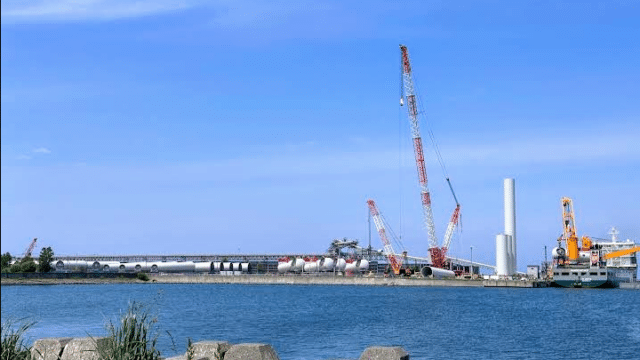
Japan’s Offshore Wind Plans Find Hope
Japan’s offshore wind ambitions face a costly, slow rollout, with only about 253 MW online and Mitsubishi withdrawing from the 1.76 GW Akita and Chiba projects slated for between 2028 and 2030. Analysts warn that without stronger policy support, clearer offtake and improved grid and supply-chain frameworks, the 2030 target of 10 GW and 2040 target of 45 GW look increasingly out of reach.

After Seizing Venezuela Oil, Trump Quits 66 International Organisations: The Impacts
Scientists, market experts public and private stakeholders argue that Trump's latest moves won't erase climate science. While they will definitely derail the global efforts to tame the climate crisis, the biggest damage would be done to the US, its economy, global stature and relationship with allies.
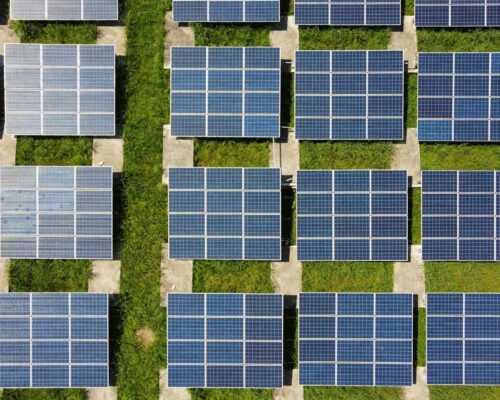
2026 Renewable Energy Outlook: A Potentially Quieter Year, But Steady Growth to Continue
While most experts anticipate a potentially quieter 2026 for the renewable energy industry, new capacity deployment is expected to continue growing, primarily driven by China. This will ultimately seal the fate of coal power, further accelerating its decline. Still, more ambitious and urgent action is needed to achieve a triple increase in renewable energy capacity by 2030.

COP30 Outcomes: Takeaways from the UN Climate Talks in Brazil
COP30 ended with some significant wins for climate action. Adaptation finance was increased, new funding was gathered for renewable energy, and a 1.5°C goal was reaffirmed. However, the lack of a plan for a global phase out of fossil fuels soured the final COP30 text. This dichotomy defines this year's COP and highlights the lack of continuity in critical aspects of global climate action.

Special Focus on AI and Climate Change at COP30
AI's growing energy use can do enormous environmental damage and the technology can magnify climate disinformation. However, it can also improve early warning systems, improve climate change adaptation and reduce CO2 emissions when powered by renewables. Governments and corporations have to choose which path to take.
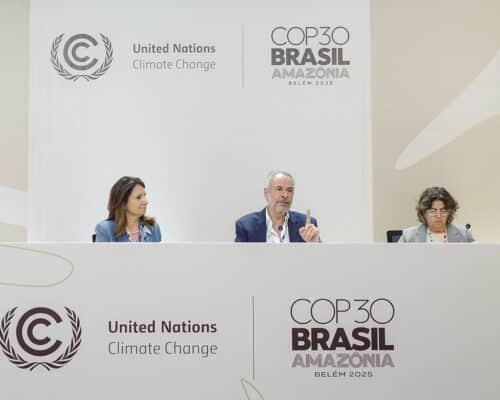
No Progress on the Global Stocktake at COP30
While scientists increasingly consider the 1.5°C goal impossible to achieve, public and private sector stakeholders at COP30 can still help ensure a livable future for the next generation by uniting and working to urgently phase out fossil fuels, halt and reverse deforestation and scale up renewable energy sources.

At COP30, Transportation Emissions Remain a Big Hurdle
COP30 highlighted a critical gap: despite funding pledges, transport remains underfunded and slow to decarbonise. With Asia’s rapid urbanisation driving demand for mobility, accelerated, equity-focused investments in clean and inclusive transport are urgently needed to avoid locking in high emissions and inequitable access.
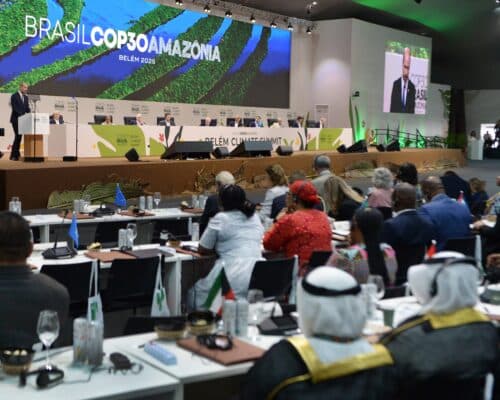
Climate Finance at COP30: Can Developing Countries Expect a Breakthrough?
As COP30 unfolds in Belém, developing nations press for action over pledges, urging a shift from climate finance commitments to real-world implementation. The toll of climate disasters in 2025 underscores the urgency: loss and damage funding remains far short of what’s needed, even as new tools and debt-for-climate swaps begin to unlock potential investments.
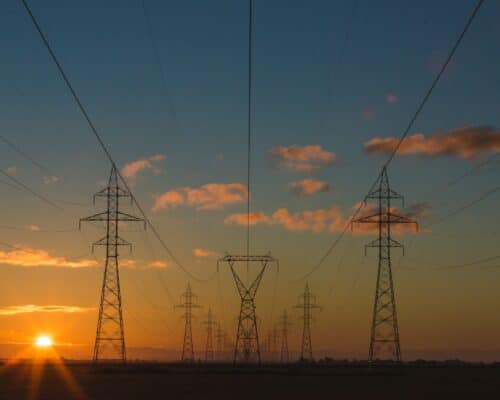
What COP30 Should Deliver to Advance the ASEAN Power Grid
The regional grid, a decades-old concept, could significantly accelerate Southeast Asia’s transition to renewables, ensuring stable, secure, clean and affordable electricity for countries in the region. However, for that to happen, leaders at COP30 must address the policy and financing roadblocks impeding the initiative.
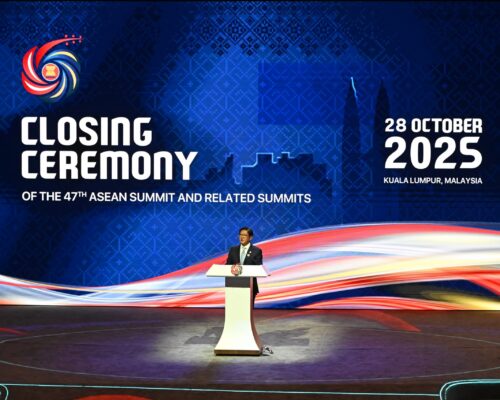
47th ASEAN Summit 2025 Ends With Trump Promising Support to Southeast Asia
ASEAN is becoming a key point of interest to global superpowers. However, it remains critical that, in the negotiation process, Southeast Asian economies don't neglect their own interests as in the case of the energy transition, where they are increasingly succumbing under the external pressure of the fossil fuel lobby.
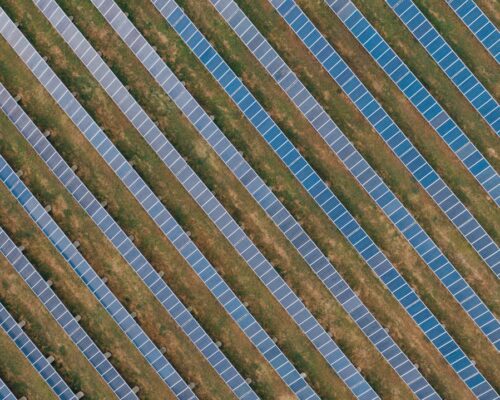
Proposed Ammonia Co-firing Solutions More Expensive than Renewables
The LCOE for ammonia co-firing exceeds that of renewable electricity, rendering Southeast Asia’s plans economically unfeasible. According to experts, instead of exposing themselves to the financial, environmental and health risks associated with ammonia co-firing, ASEAN nations should prioritise the accelerated deployment of renewable energy.

Renewable Energy Trends 2025: Capacity to Double by 2030
Despite the positive trends, the IEA warns that the COP28 to triple clean energy capacity remains out of reach. To get back on track, countries should minimise policy uncertainties, reduce permitting timelines, increase grid investments and expand flexibility to facilitate the integration of variable renewables and derisk financing.

Gas Turbine Shortage in Vietnam and the Philippines
Experts note that delays, exacerbated by global gas turbine shortages, and regulatory and bankability challenges are giving clear market signals to move away from gas projects and scale up renewables and battery storage deployments instead.
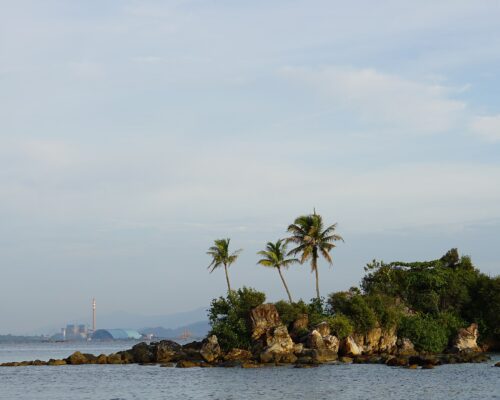
Domestic Banks Are Propping Up Indonesian Coal Despite Climate Risks
Despite global financiers halting support for coal power, Indonesia's major domestic banks are filling the void by funnelling billions into new coal projects. This continued investment risks locking in decades of pollution, making the country's climate goals impossible to achieve and hindering the uptake of cleaner energy alternatives.
Most Popular
Categories
-
10
-
34
-
126
-
4
-
17
-
46
-
52
-
11
-
10
-
15
-
24
-
6
-
1
-
5
-
6
-
282
-
200
-
17
-
24
-
1
-
1
-
23
-
41
-
44
-
88
-
18
-
86
-
41
-
17
-
11
-
43
-
54
-
86
-
299
-
22
-
44
-
36
-
10
-
42
-
36

